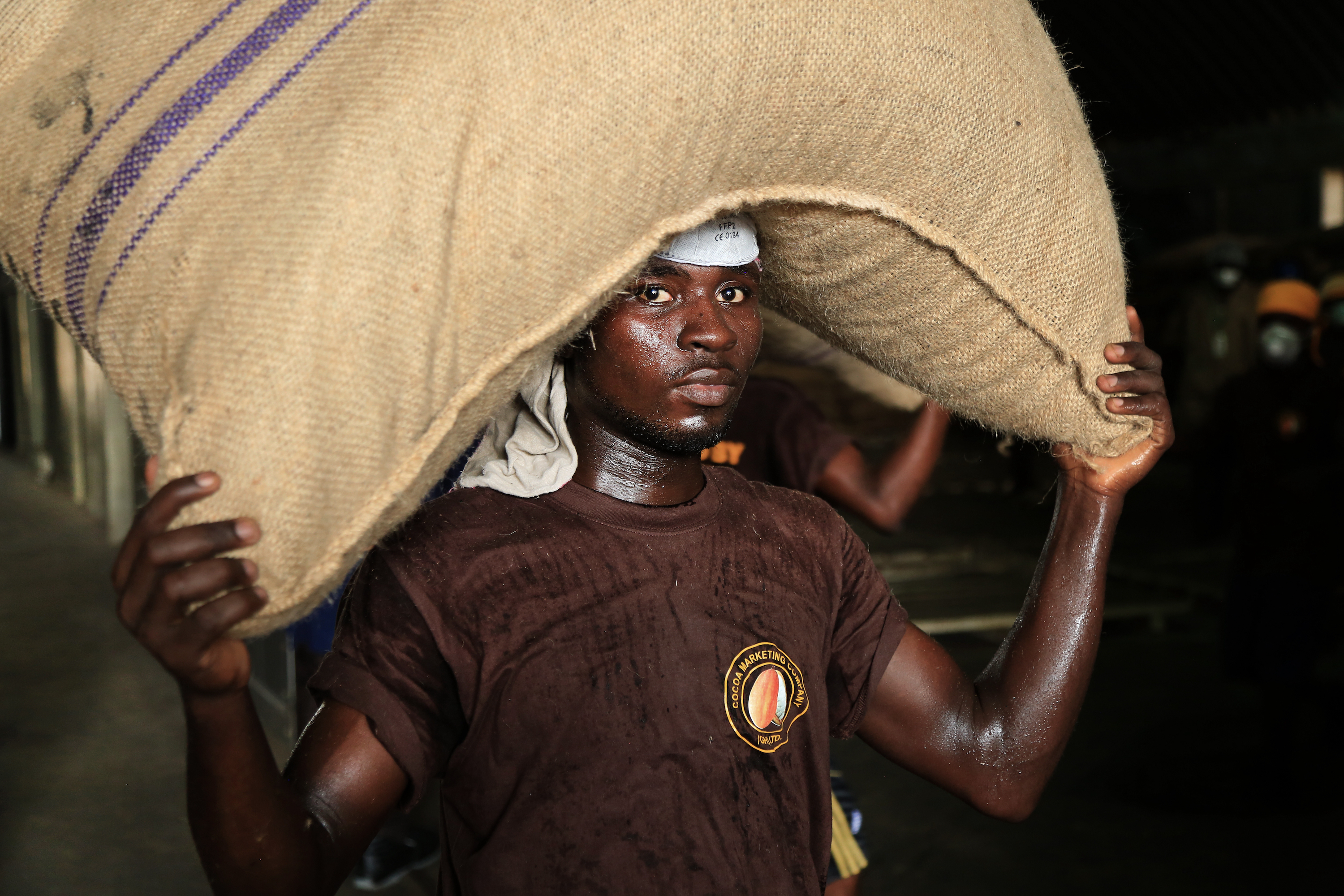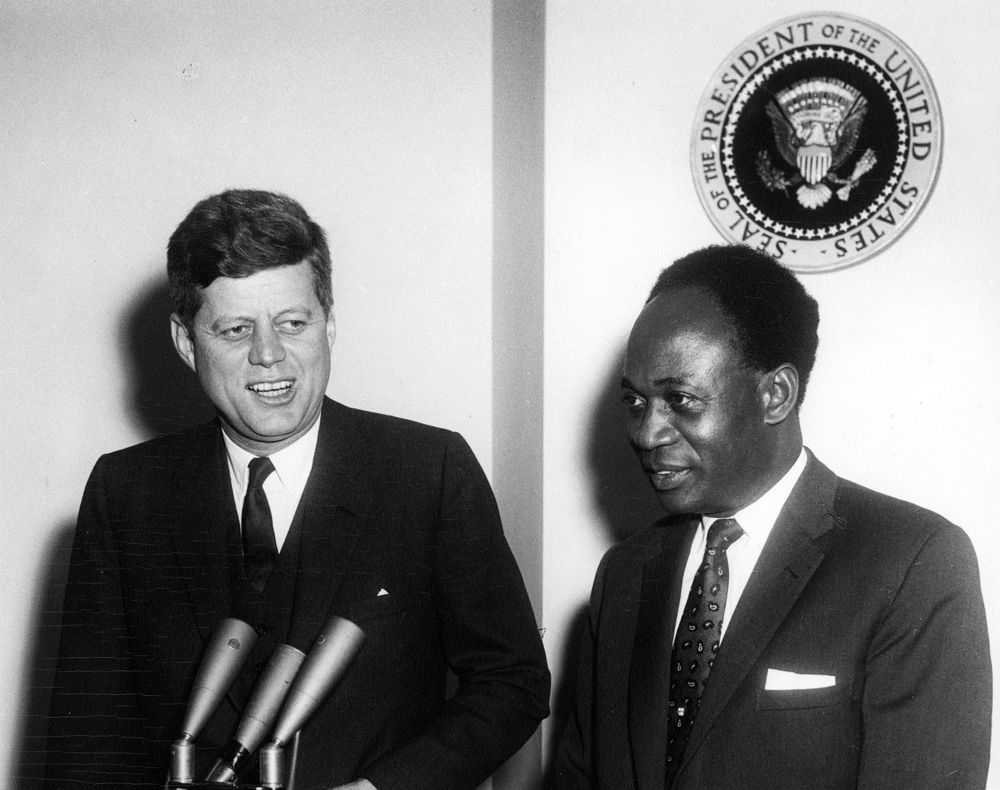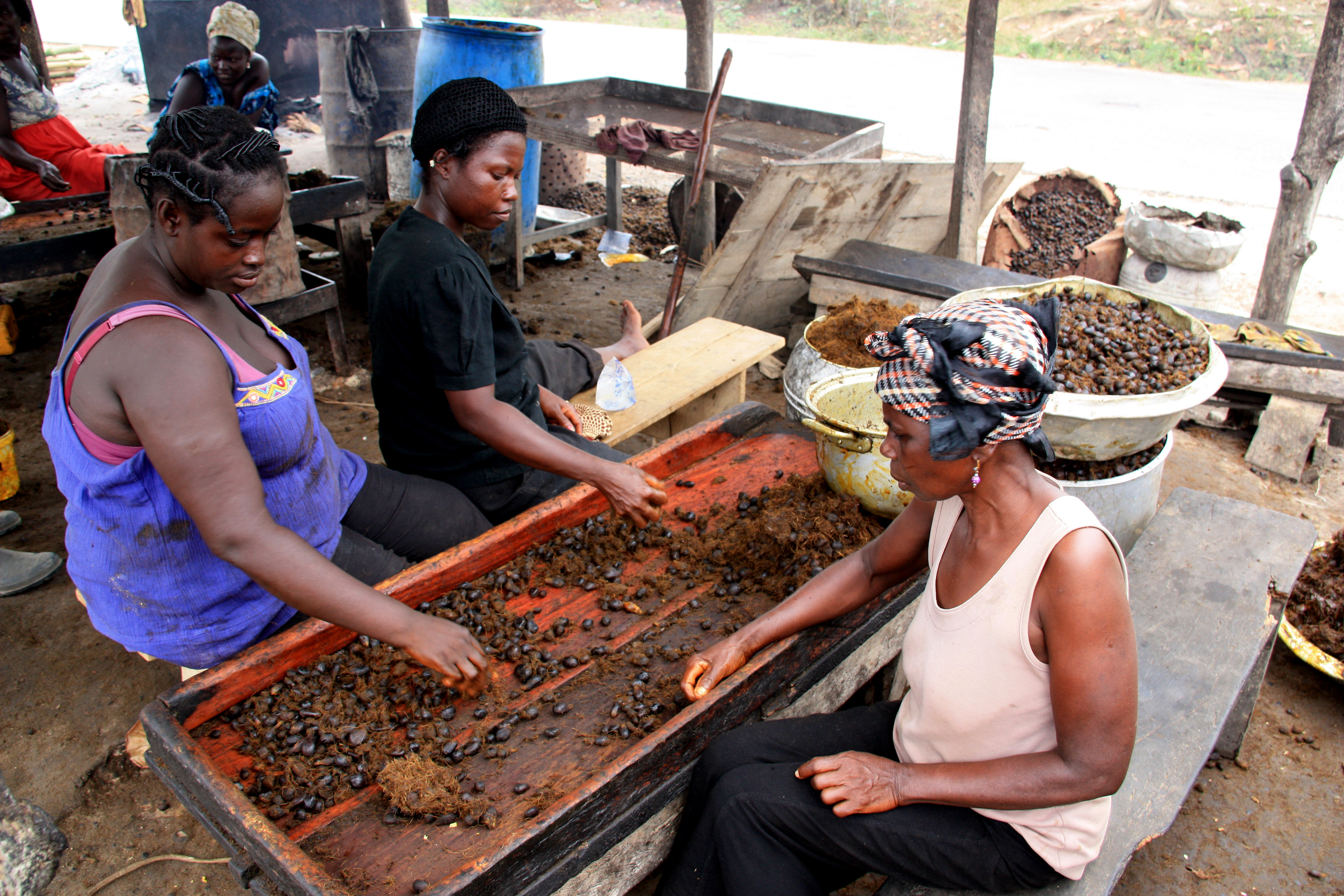After independence, the focus shifted to economic colonialism. From chocolate companies like Cadbury’s to tire companies in Congo, the major corporations operating in Africa are still foreign-owned, still draining out all of the resources. You can’t understand poverty in Africa without understanding the historical forces that created it.
Race and the global economy
Professor of Black Studies
- The West is rich because the rest are poor. From slavery, through empire to economic colonialism, Western countries have always found ways to extract resources from the underdeveloped world.
- Post-war institutions like the IMF and the World Bank represent what Malcolm X called “benevolent imperialism”. They enable the continuation of exploitation under the guise of development and investment.
- The only way underdeveloped countries can develop is to take themselves out of the system that is oppressing them.
Exploiting Africa
The only way to understand what is happening now is to put it in its historical context. Africa is a perfect place to start. Walter Rodney wrote an excellent book called How Europe Underdeveloped Africa. Today Africa, and particularly so-called Sub-Saharan Africa, is the poorest part of the world. Why? People often point to corruption or a lack of advanced technology. But again: why?
You need a historical understanding to answer these questions. Africa was first underdeveloped by slavery, which took out or murdered tens of millions of people. The lower estimate is 40 million; the higher estimate is 100 million. This draining of resources completely shattered Africa’s political economy, which was ahead of Europe’s political economy when Europeans arrived. Things weren’t much better after slavery because Africa was so depleted. This is why Europe could take over. Europe’s major powers carved up the continent among themselves, draining its resources.

Worker assigned to loading and unloading of cocoa trucks at the dry port in Accra. Photo by Jose Carlos Alexandre.
How the West became rich
The West is rich because the rest are poor. Underdevelopment equals impoverishment. That is what has produced the wealth of the West.
India is a perfect example. Before the colonial era, India was much more advanced than Britain. India’s textiles dominated the global market. But what happened was that England enriched itself through slavery and then inveigled itself into India. It deindustrialised India at such a rate that India went from producing 25% of the world’s cotton to producing just 2% by the end of the colonial era. And where was the cotton being produced instead? The United Kingdom. In other words, Britain deliberately deindustrialised India to feed its own growth.
The same can be said about the British Empire in Africa. And that is what makes the United Kingdom, a very small, generally insignificant country in the North Atlantic, one of the world’s richest economies. You can’t separate the poverty in the developing world from the wealth you see in places like Britain.
Europe on steroids
Malcolm X captures it best when he said that Europe couldn’t continue to lead after the Second World War because so many people had died and the continent had become impoverished. After the war, European empires essentially passed the ball to America, which makes sense since America is just Europe on steroids. It’s where a load of Europeans went to enact colonial brutality with nothing to stop them.
America was already becoming one of the richest parts of the world. It used the Second World War and post-war programmes like the Marshall Plan to cement itself at the centre of the world order. When it does that, it also presents what Malcom calls a kind of “benevolent imperialism”. It pretends that the point of institutions like the UN, the World Bank and the IMF is to help the world progress.
What happens is that these impoverished formal colonies go to the new seat of empire – America – and receive loans and support from those institutions. But all of that is a perfect example of pretending to be a friend while just making everything worse. The IMF has the worst reputation, but the World Bank is really just saying, ‘Look, here's some of the money back that we have exploited from you, but we're only going to give it to you if you allow us to continue to exploit you and to drain your resources.’ In some ways, it’s actually worse because we think of these new institutions as being progressive, but actually, they’re just as bad as the old ones.
Beating the system
Ironically, the most successful country in terms of development is China, which is also the country that has most resisted the Western prescription for how you develop. It was communist for a time, then heavily state-led. It’s also known for the exploitation of workers, both in China and Africa.
The worst thing an underdeveloped country can do is come over to the UK or America and learn about international development. The whole point of international development is to teach you how to exploit your economy!

President John F. Kennedy meets with the President of the Republic of Ghana, Osagyefo Dr. Kwame Nkrumah, 8 March 1961. Wikimedia Commons. Public Domain.
Contrast this with the Pan-African Movement of the 1950s and 1960s led by people like Kwame Nkrumah. He said that what Africa needed to do was take itself out of the Western system and organise differently. Unfortunately, these movements declined. But the only way underdeveloped countries can develop is to take themselves out of the clutches of the system that is oppressing them.
MAGA, Brexit and white supremacy
The rise of movements like Make America Great Again and Brexit shows that white supremacy is alive and well.
An unintended consequence of this is that the elites, who have plundered resources from the underdeveloped world for decades, are now enacting comparable policies, including privatisation and austerity, in countries like Britain. That’s why we’re seeing massive inequality rise again in the West.
How do people here explain that? Through the tropes of white supremacy. The problem is immigrants. The problem is Black people. This proves that we haven’t really progressed on the issue of racism. It’s just shifted shape. And all we see now is a kind of return to some of the older articulations of racism.
Racism and the welfare state
The welfare state was never a project against institutional racism. It was about maintaining equality and reducing poverty in Western nations. That concept is, in itself, a kind of white supremacy. Within these nations, a floor was set based on exploiting wealth and resources from the underdeveloped world, where there is no floor.
The biggest global divide is between people with access to the welfare states in the West and people without that access. That divide is a chasm. Most people in the world don't have an indoor toilet. A child dies every ten seconds because they have no access to food. In some ways, the welfare state is the embodiment of white supremacy, just on a more egalitarian scale.
The welfare state is also the basis for a lot of contemporary racism because it’s rooted in the post-1945 consensus, which assumes that everyone is white. This became unsustainable from the 1970s when mass migration from the former colonies picked up steam. That’s when the welfare states started to fall apart, with people complaining about Black people receiving support. ‘Why should they be getting that? They’re scrounging!’ This leads to the kind of individualism that paves the way for neoliberalism. In lots of ways, the welfare state is the architecture for the way racism plays out today.
Black lives matter less
Around half a million people die each year from malaria. Most of them are African children.
When COVID-19 hit, people said it would be impossible to produce a vaccine within two years. Just over a year after COVID arrived in the UK, I’m fully vaccinated. It turns out that you can develop a vaccine at speed when white lives are threatened. I guarantee that if 500,000 white children died each year from malaria, we would have developed a malaria vaccine a long time ago.
Clearly, race isn’t something that only touches the social sciences, arts and humanities. It affects science, too. Just because something is scientifically possible doesn’t mean that it will happen. It needs political will. Global health data tells you that the political will to stop Black and brown children from dying doesn't really exist.
The true price of palm oil
Nowadays, unfair trade practices are one of the key ways in which racism plays out. Take China. Why is China rising? Because we offshore the factory labour to China. Why do we do that? Because we can pay Chinese people next to nothing. In the West, only people in prison earn as little as Chinese workers.
Our access to technologically advanced consumer products is based on this deeply racist idea that we can hire people in the underdeveloped world for nothing. It’s a similar story with material resources, which are essentially stolen out of the ground in Africa and other places. Those countries don’t gain any wealth from that. The wealth is extracted. In terms of the exploitation of labour and resources, very little has changed. Hundreds of millions of people live and work in conditions that are essentially unchanged from a century ago.

Cape Coast, Ghana – 10 March 2013: African women selecting palm oil fruits for further processing at the palm oil factory. Photo by schusterbauer.com.
Products like soya and palm oil, which are hugely important, are farmed under basically the same conditions as under colonialism. The same kind of people farm these commodities; the conditions they work in are unchanged. These conditions aren’t improving. In fact, they are getting worse. Over the next 40 years, demand for palm oil will grow to such an extent that we will need to farm an area the size of Germany to meet it. That’s in addition to what is already being farmed under brutally colonial conditions. The workers will still be deeply impoverished. They will still be Black and Brown.
Discover more about
race and the global economy
Andrews, K. (2021). The New Age of Empire: How Racism and Colonialism Still Rule the World. Penguin Books.
Andrews, K. (2016). Black is a Country: Building Solidarity Across Borders. World Policy Journal, 33(1), 15–19.
Andrews, K. (2017). Beyond Pan-Africanism: Garveyism, Malcolm X and the end of the colonial nation state. Third World Quarterly, 38(11), 2501–2516.